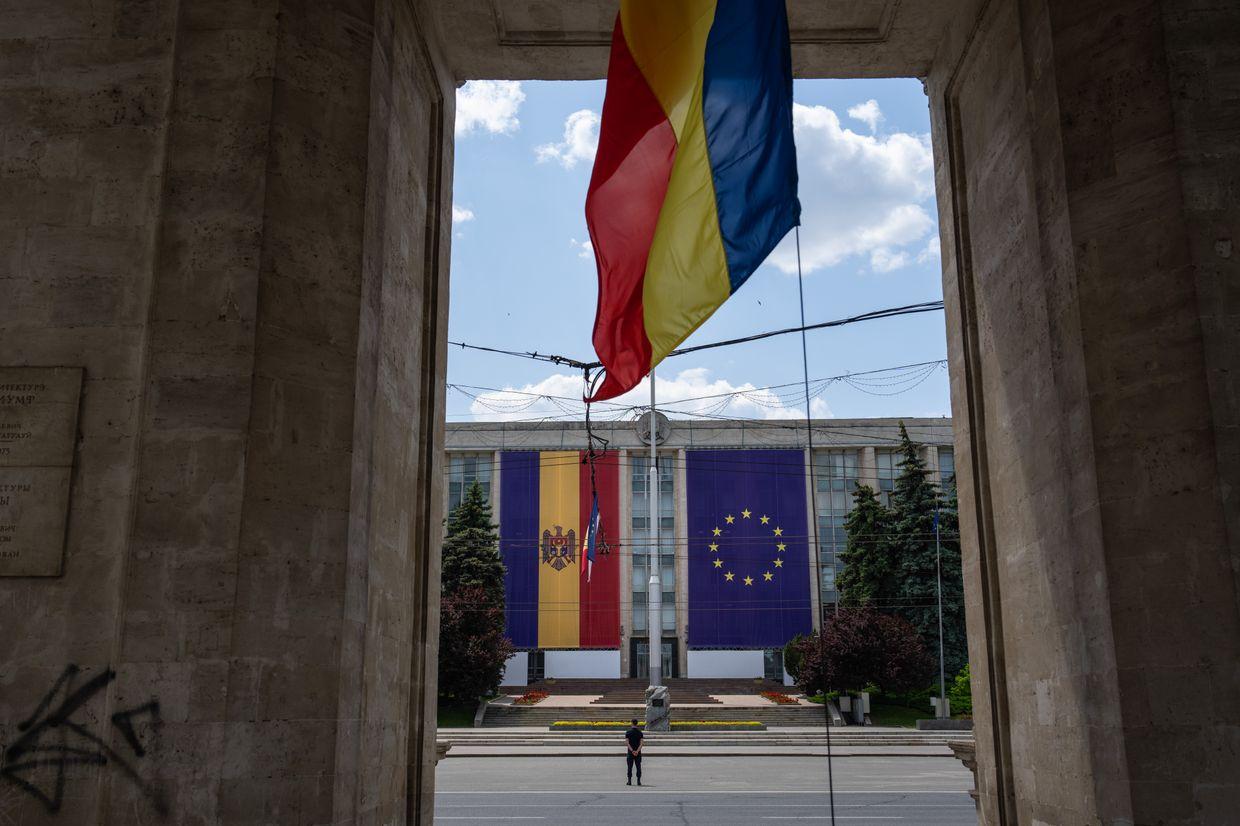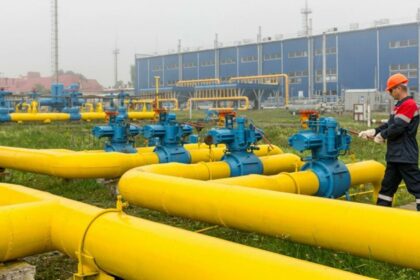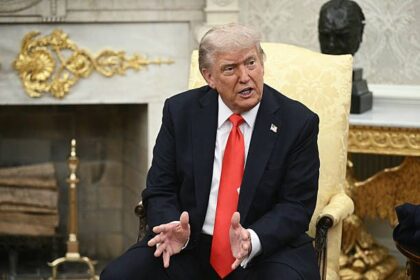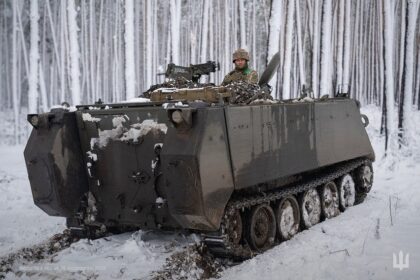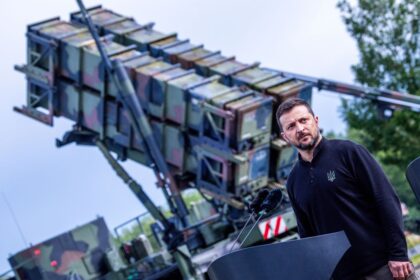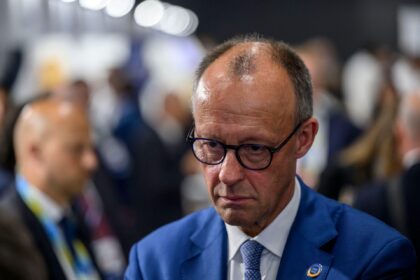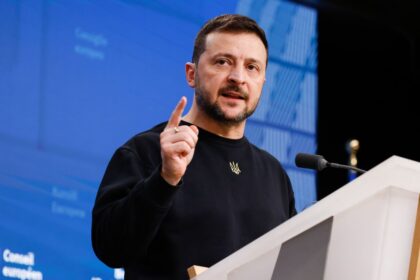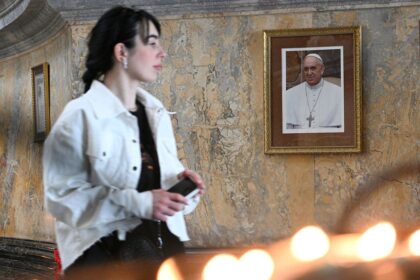**Moldova’s Left-Wing Parties Unite to Challenge Pro-Western President**
In a move that could shake up the country’s politics, four left-wing and center-left parties in Moldova have announced their intention to form a pro-Russian electoral bloc ahead of the upcoming parliamentary elections. The news was reported by Moldovan media outlet NewsMaker on July 22.
The formation of this new bloc comes as President Maia Sandu, a pro-Western leader who narrowly secured reelection last year, seeks to preserve her parliamentary majority and advance Moldova’s bid for EU accession. Sandu has been pushing for Moldova to join the European Union, and a recent referendum showed that over 50% of voters support this goal.
However, with the new electoral bloc on the horizon, it’s clear that the upcoming elections will be a closely contested and potentially volatile affair. The pro-Russian parties involved in the bloc – the Socialist Party, the Communist Party, the Heart of Moldova, and the Future of Moldova – have long been critical of Sandu’s policies and her efforts to bring Moldova closer to Europe.
**A Move to Counterbalance Pro-Western Forces**
The leader of the Socialist Party, Igor Dodon, a former Moldovan president himself, hailed the formation of the new bloc as a long-awaited opportunity for left-wing forces to unite. “Today, the wish that many have been waiting for over the years is coming true – the consolidation of left-wing and center-left political forces,” he said.
The move to form this electoral bloc may be seen as an attempt by the pro-Russian parties to counterbalance Sandu’s influence and undermine her efforts to bring Moldova closer to Europe. The fact that Russia has been accused of attempting to destabilize Moldova through its presence in the Russian-occupied Transnistria region adds a layer of complexity to this development.
**A Challenge Ahead**
For President Sandu, the formation of this new electoral bloc represents a significant challenge ahead of the September 28 elections. Her Party of Action and Solidarity had been hoping to achieve full EU membership by 2030, but it remains to be seen whether they will still have the majority in parliament after these elections.
The involvement of Russia in Moldova’s internal politics is also a concern for many observers. The country has been granted EU candidate status, but the ongoing tensions between pro-Russian and pro-European forces could potentially hinder its progress towards full membership.
**A Tense Election Cycle Ahead**
As the September 28 elections draw near, it’s clear that Moldova’s politics are about to become even more tense. With a pro-Russian electoral bloc on the horizon, President Sandu’s efforts to bring Moldova closer to Europe will be put to the test like never before.
Will this new electoral bloc succeed in countering Sandu’s influence and potentially derailing Moldova’s bid for EU membership? Only time will tell.




